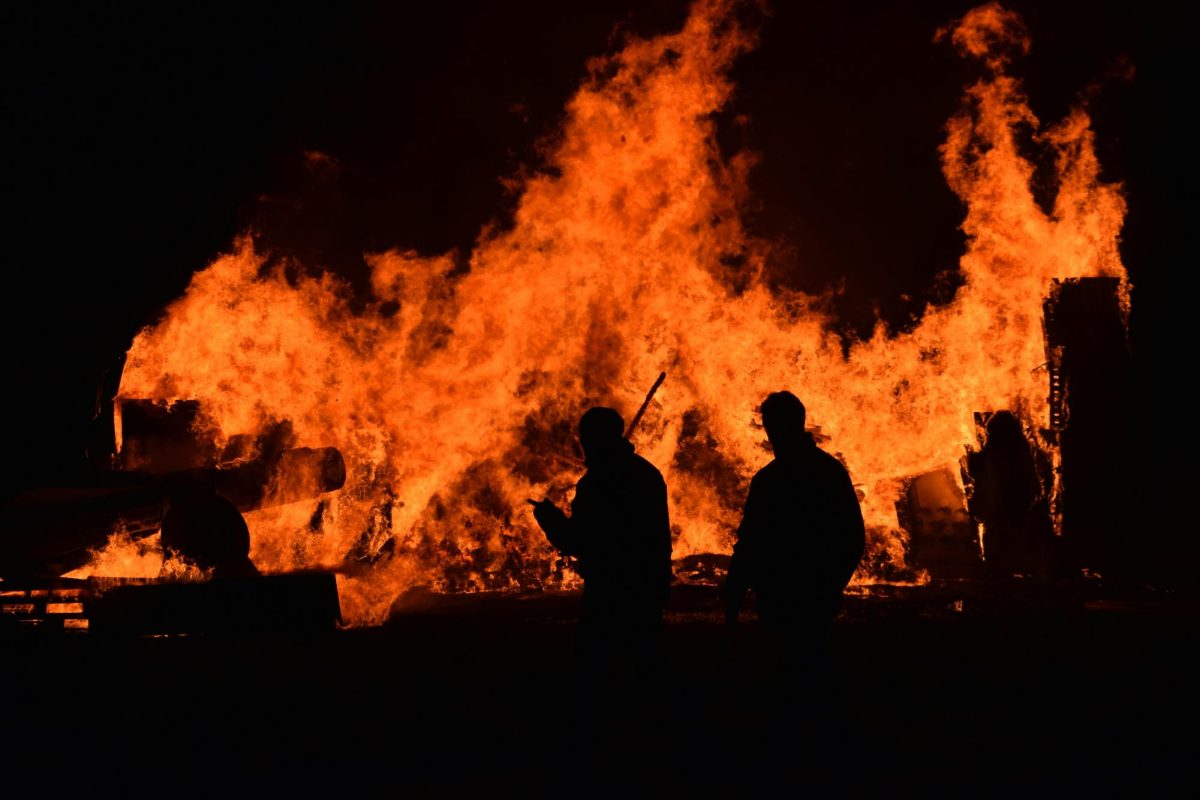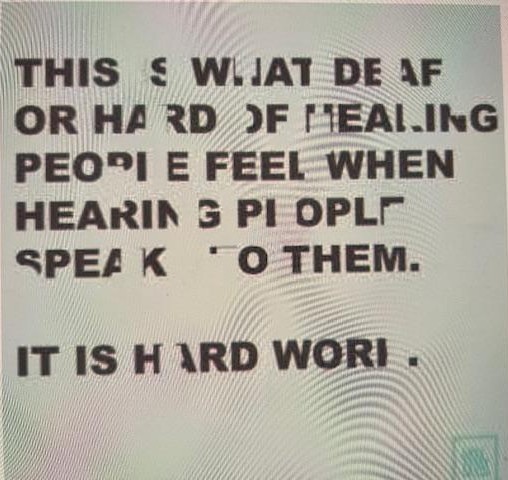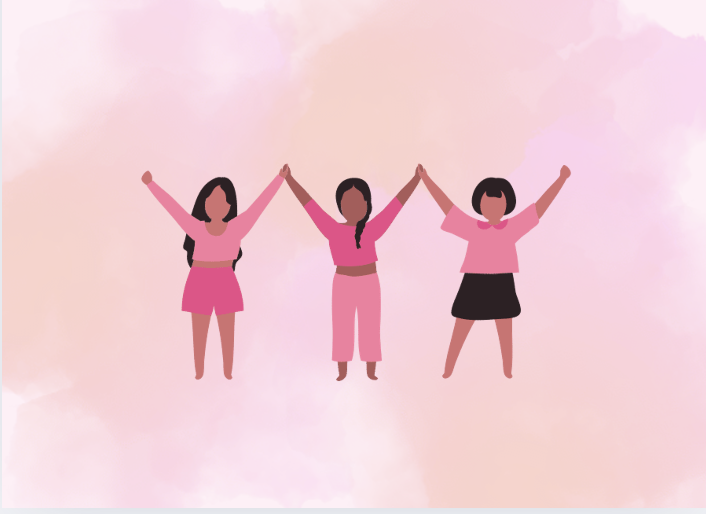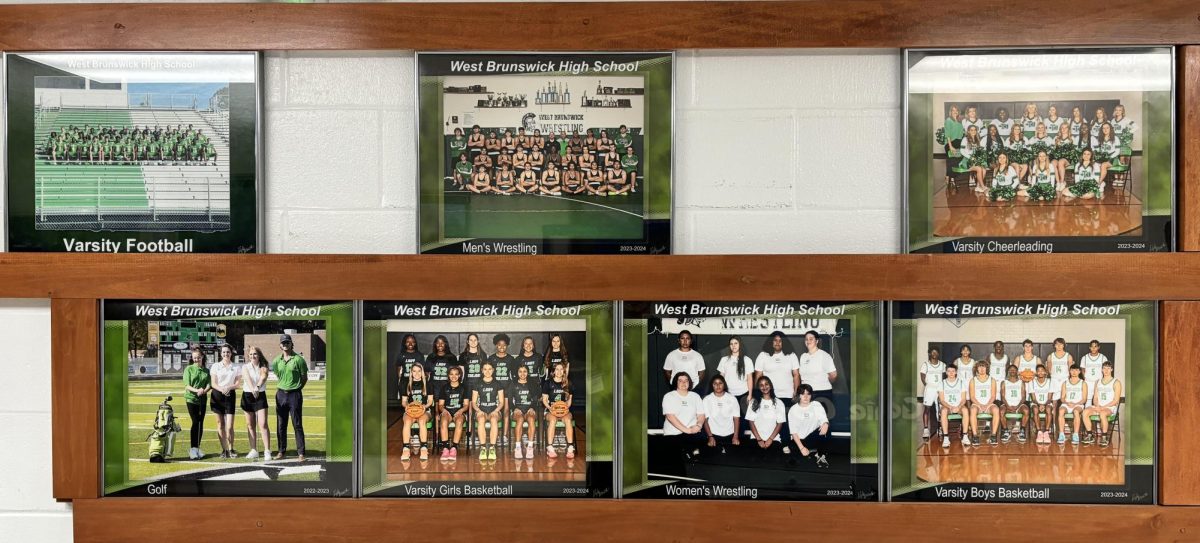One in 9 girls and 1 in 20 boys under the age of 18 experience sexual abuse or assault. When Norman D. Boucher, a psychology teacher at Brunswick Community College, was asked why a victim may not report he said “Sometimes students do not even realize they have been assaulted.” That is the unfortunate truth with many high school students.
RAINN (Rape, Abuse & Incest National Network) recommends that parents talk to their kids from a young age about boundaries and teach them where it is ok for people to touch them and where it isn’t. Another thing RAINN wants parents to stress is that it is never the kids’ fault and they will not be in trouble when they speak out about it.
There are quite a few reasons why a victim may not speak out about their assault. Jackson Health System listed five reasons: Shame, fear, uncertainty, guilt, and avoidance. If teens and younger children are taught about sexual violence and are given a safe space to report, it may help lessen the shame and fear of reporting.
Azmaira Maker, a licensed clinical psychologist, says that it’s important to not only teach the definition of different sexual violence acts but to also “ explain the behaviors involved in sexual harassment and assault so that the teens can understand and relate to the words. Provide training, case studies, role modeling, and videos in supervised discussions, so that the students can internalize the positive messages and learn healthy sexual boundaries and respect for others.” This kind of education can both help teens be more aware after they’ve been assaulted of what had happened and also help to instill good boundaries in teens’ minds to hopefully lessen teen sexual violence.
Maker also stresses the importance of not only talking about it once but to start in elementary school or early middle school and carry it out throughout high school. This way it is clear to students how important it is to understand sexual violence for their safety.
Since kids have a very small understanding of sexual behaviors and the concept of sex all together, it makes them more susceptible to falling victim to sexual assault. If kids are taught terminology to help them describe what’s going on or that what’s happening is wrong, they would understand enough to hopefully report.
It’s important to teach kids the tactics that groomers or abusers may use. If kids can identify the tactics, it can help them avoid dangerous situations. It also may help kids, who have already experienced sexual violence, feel comfortable to talk about this topic that may feel is taboo.
One tactic used by abusers is telling kids that they can’t tell because the kid will get in trouble. If a kid or teen doesn’t know better, they may believe this and fear what will happen if they come forward. However, if kids are taught that this is a tactic used by abusers and to make it clear that they are never at fault, this could help them feel more comfortable talking about their experience.












